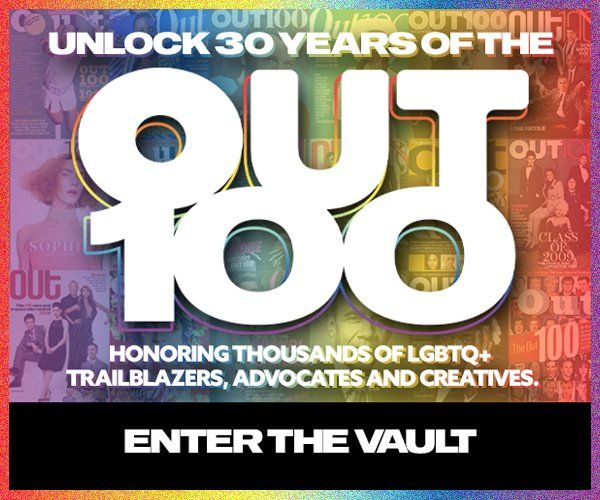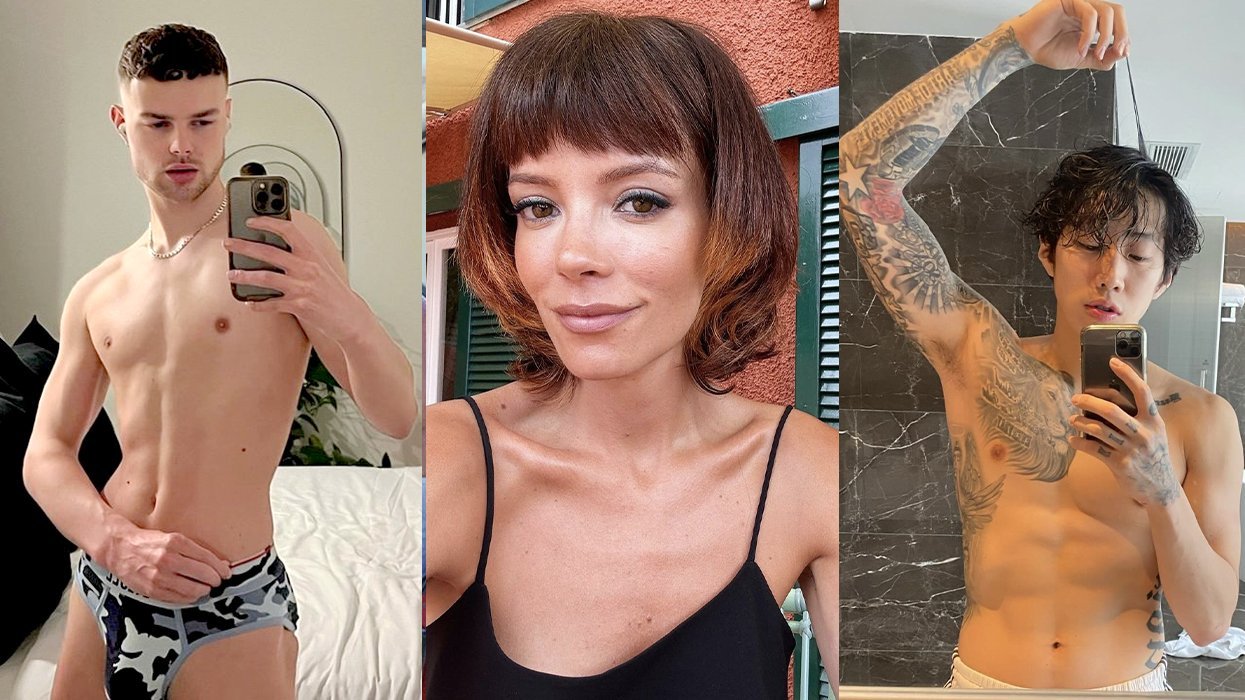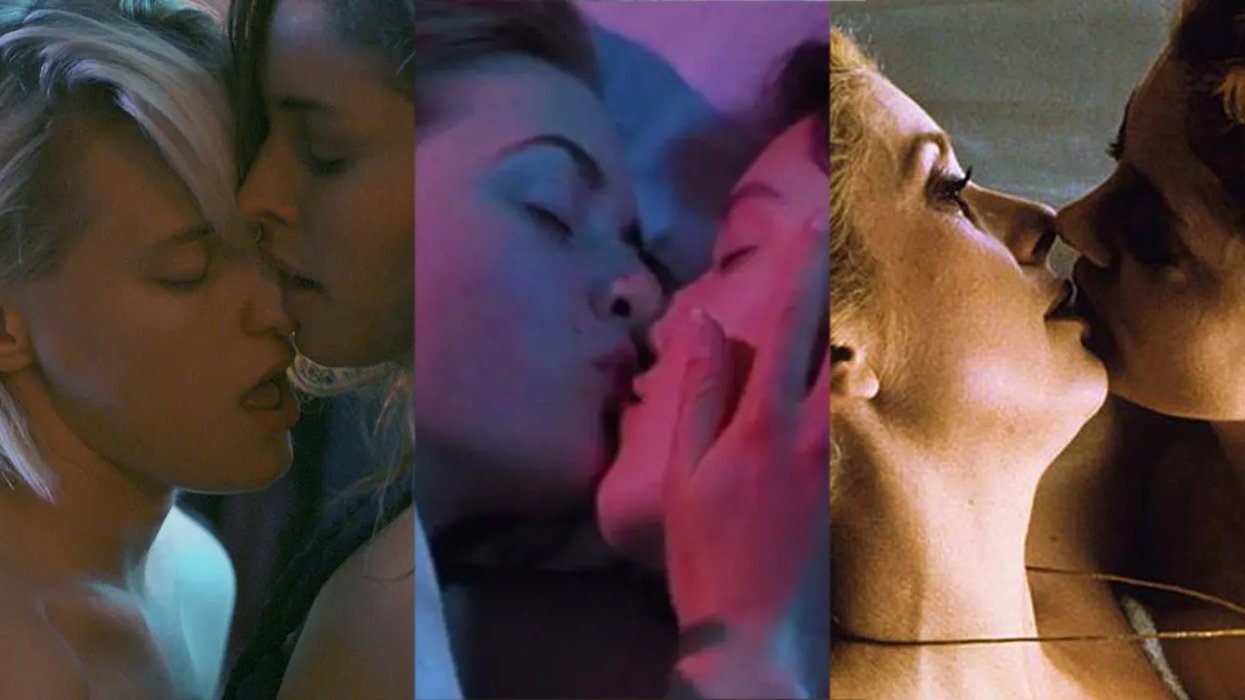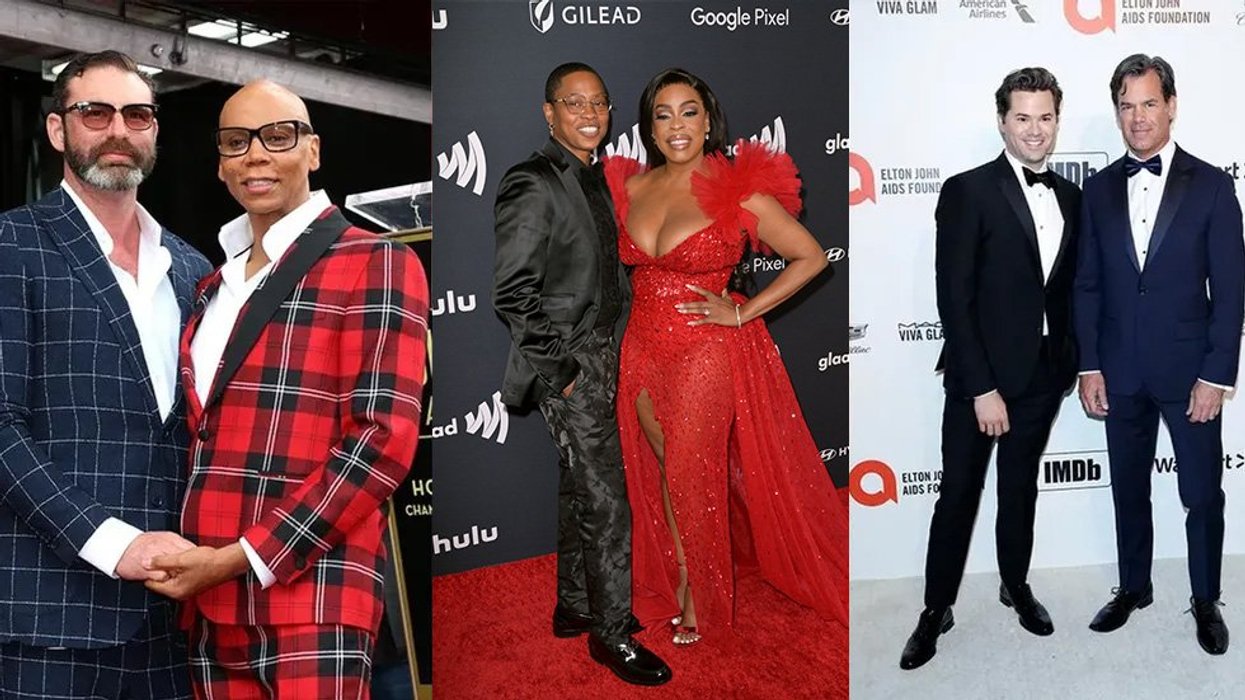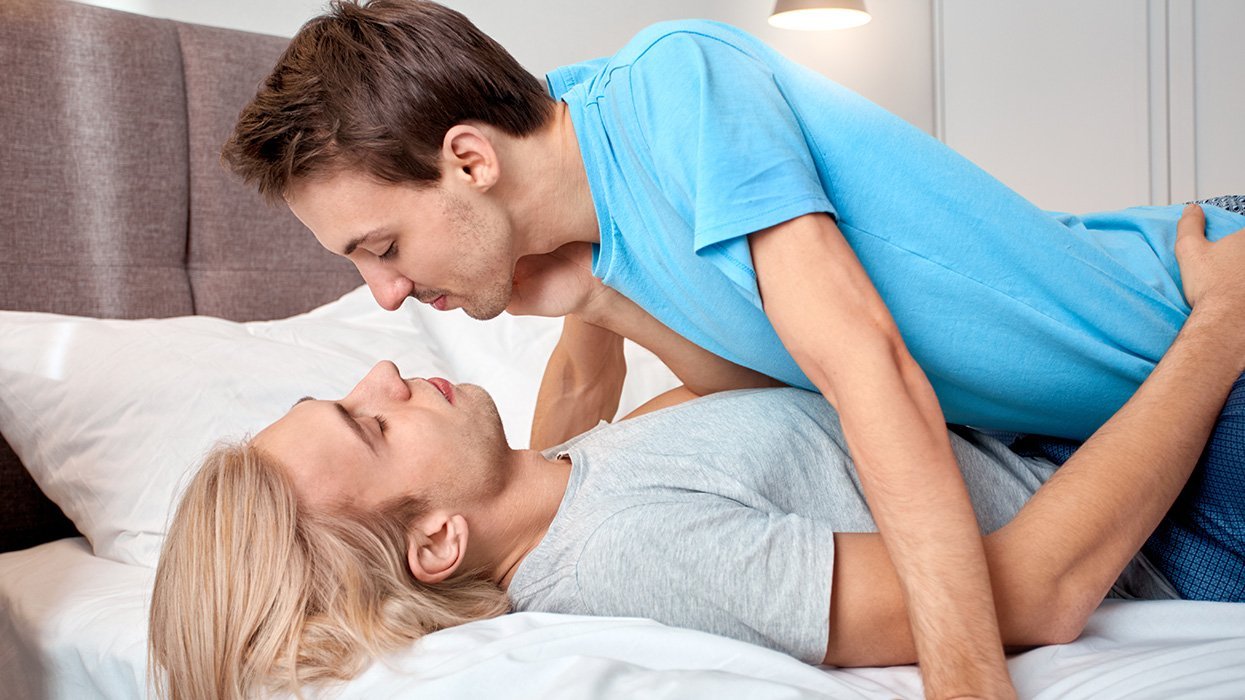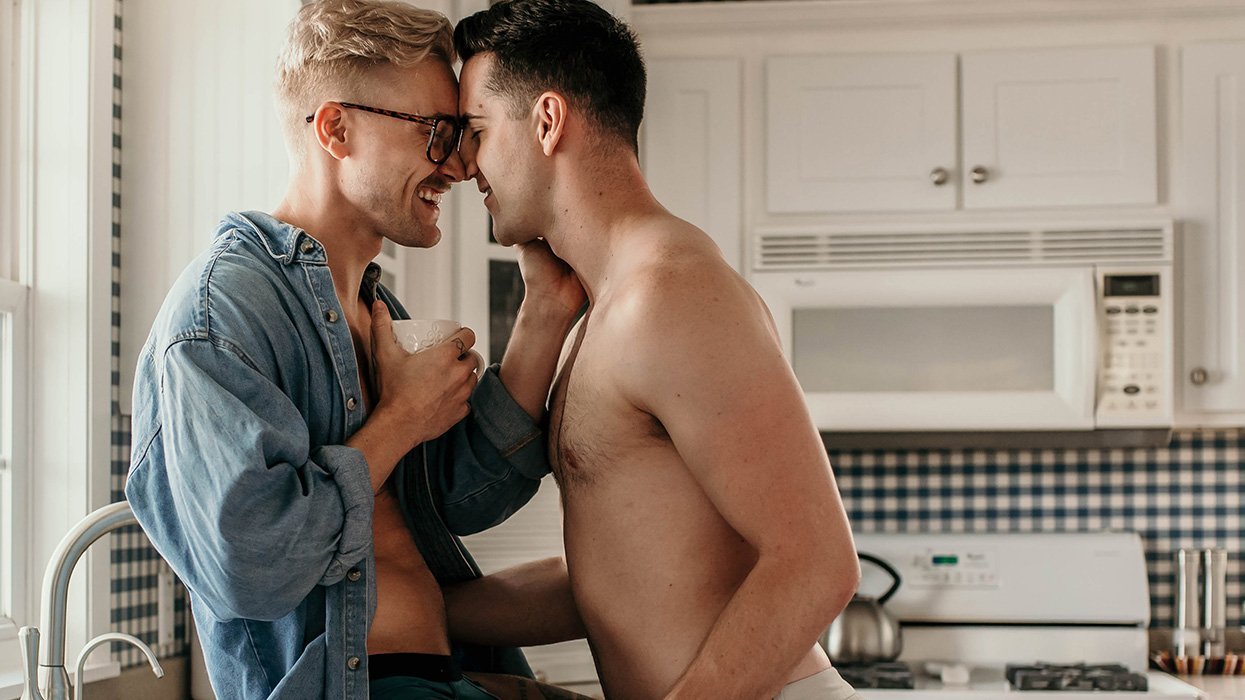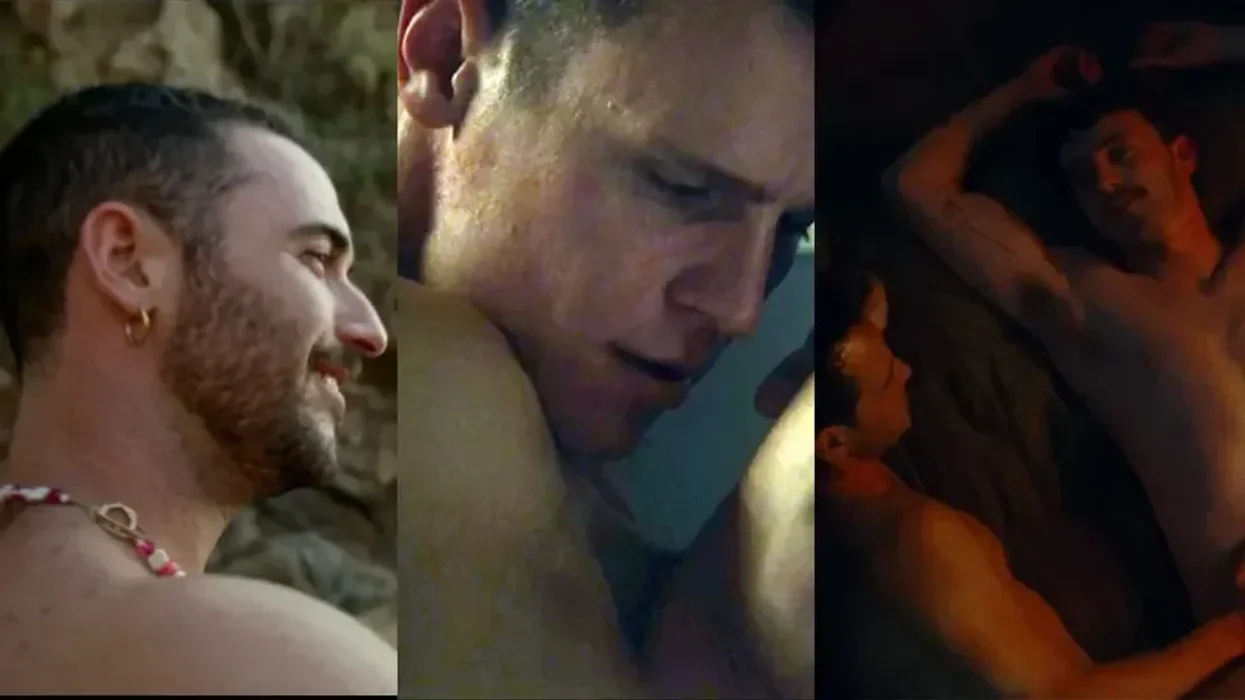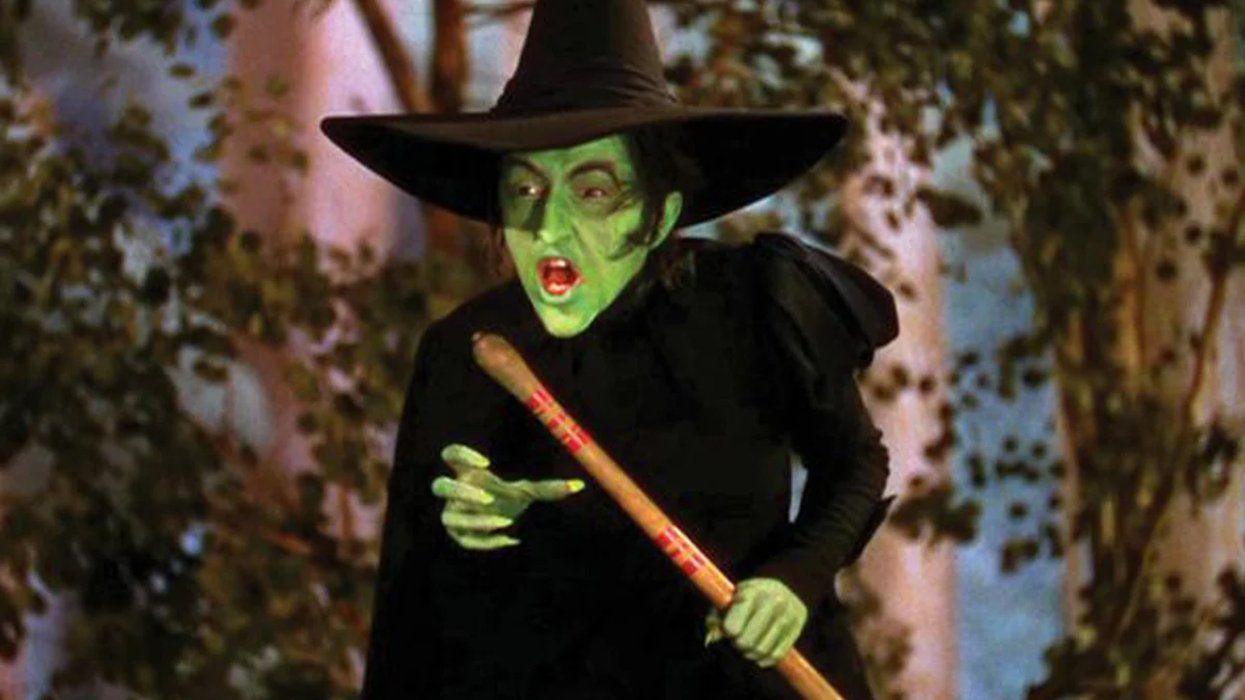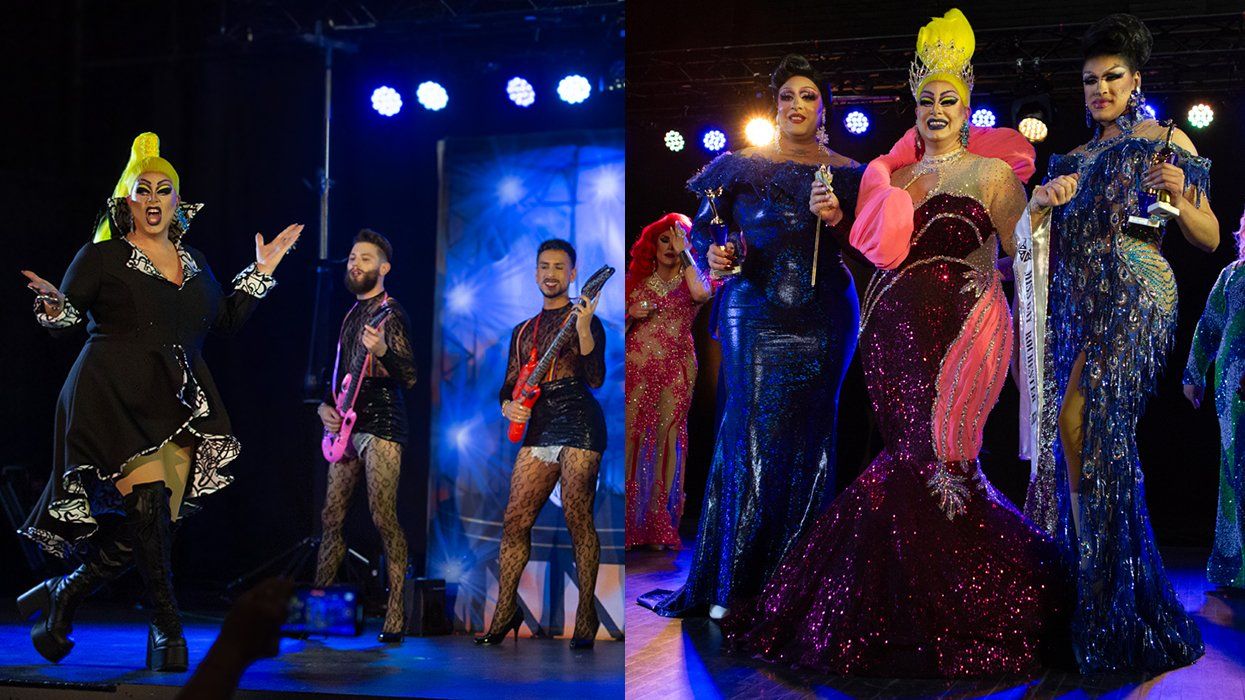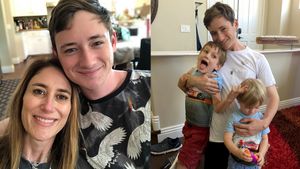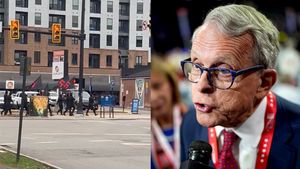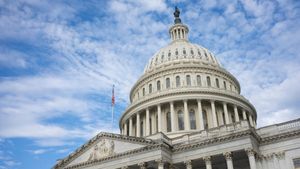A story of astonishing bigotry and thuggish homophobia was beamed around the world last month when it was reported that two young women —Yunka Mihura, 21, and Joana Palhares, 18, — were manhandled, beaten, arrested, and thrown in a jail cell for engaging in a same-sex kiss at a public gospel concert in a park in Brazil.
The event was hosted by pastor and Congressman Marco Feliciano. No stranger to controversy, Feliciano's racist, antigay beliefs are well-known in Brazil and around the world. His election to congress — along with his seat as the head of Brazil's Human Rights and Minorities Commission — raises many eyebrows, considering his vociferous distaste for gays, people of color and, ironically, human rights in general.
When Feliciano caught sight of Yunka and Joana kissing at the public rally in September, he had spotlights and TV cameras trained on them, exposed them, ridiculed and insulted them, then ordered police to handcuff the couple and cart them away – all while holding a microphone, his hatred amplified through the PA system.
"Those two girls have to leave here handcuffed," he proclaimed when he saw the trim, shirtless women in an embrace. "No use trying to run! Guards are headed there now. This isn't a place where anything goes. This is a house of God!"
The young women were beaten, handcuffed and jailed.
Now, for the first time in the English-speaking press, one of the young women involved in the incident is speaking out, telling her side of the story. Read on to meet Yunka Mihura, a 21-year-old accidental activist who might have just found her calling through a simple kiss with the girl she's dating.
SheWired: Hi Yunka. Thanks for chatting with me. May I ask where you were born?
Yunka Mihura: I was born in Florianopolis in Brazil, and I have lived in France and also Argentina. Currently I live in Ilhabela, Sao Paulo, Brazil.
Are you actually gay? Some press reports have suggested you are straight.
Four years ago I kissed a girl for the first time – she was my best friend and neither of us had kissed someone of the same sex before. A teenage prank? Maybe. But I liked it. I like girls and boys, and I don't like labels, but labels exist, I suppose, so I guess I identify as bisexual because it is what I feel — it is not a choice. I choose not to eat meat, I choose to recycle. I choose my hair color and I choose to have tattoos. I choose the clothes I am wearing, but I did not choose my orientation. I find it is very simple: I can love a man or a woman. I feel like I don't fall in love with a gender but with a person's heart.
You went to an evangelical rally and pop concert in Brazil with about 20 friends. Are you religious?
I would define myself as having a spiritual side. I respect all religions, although I think religions should preach love, encourage us to help others, to be a good person — instead of what many fanatics do, which is issue threats and spread prejudice.
Are you very political?
I would rather not get involved with politics per se, but as many have seen, it is sometimes hard for me and my friends to stay quiet amidst so much hypocrisy, injustice and corruption today.
When did you first become aware of the notorious pastor and politician Marco Feliciano?
I first became aware of Feliciano in March 2013 when he was elected president for the Commission of Human Rights and Minorities in the Chamber of Deputies of Brazil. Feliciano is known for his racist and homophobic stance — he was even responsible for attempting to pass legislation that proposed Brazilian psychologists be allowed to treat homosexuality as a disease to be '"cured." He is trying to turn the clock back and have LGBTs treated as "disordered." Of course the bill was thrown out, but Feliciano is determined to reintroduce it just as soon as he can.
I do not believe politics and religion make a good mix, and a person in charge of human rights and minorities who has such obvious racist and antigay policies should not be in power. It's ridiculous.
Why did you, Joana and your friends decide to attend the evangelical rally hosted by Feliciano?
Joana and I are not evangelical Christians, but there is no reason why we shouldn't go to a public concert and event [that was defined as a cultural event in the press], and Brazil is theoretically a secular country in any case. Also, we could not let go of the fact that Marco Feliciano is a person with dangerous prejudices who is brainwashing thousands upon thousands of Brazilians. We felt we had to peacefully show our discontent with him in some way. We wanted to demonstrate that many people do not agree with his views and his abuse of his position in the government.
The young woman who kissed you — when and where where did you meet? How long have you known each other?
Joana and I met in January and since then we have been great friends. It is a colorful friendship. We have a lot of affection for each other. We are dating. It's early days. First and foremost we are friends and the most important thing for us is to fight for what we feel is right.
So you intended to protest at the rally?
Yes we did. Joana and I decided to attend the evangelical rally and concert with about 20 friends and we came with placards with our messages of protest painted on them. We took off our shirts and were only wearing a bra and skirts and our bodies and faces were painted in bright colors. At the entrance, the officials asked us to put on our shirts because it was a gospel event. We complied in order to get through the entrance, and we took off our t-shirts again when we arrived at the front of the crowd near the stage. Some civilian policemen approached us again and asked us not to show the placards.The placards had messages like "Homosexuality Does Not Need a Cure," and "Homophobia Is a Crime," and that "Feliciano Should Be Ousted from Government." The policemen were reasonable with us, but they said we could be arrested under a criminal code which makes "disrupting a religious service" an arrestable offense in Brazil [Article 208] .
Whether this was a "religious service" is debatable though, isn't it? It was a public event — a pop concert and a rally paid for by the government?
Yes, exactly. Nevertheless, the civilian police confiscated our protest placards. We we were disappointed. However we were not there to get arrested — we didn't want that, obviously. We simply wanted to make our feelings about human rights heard. We felt we had a right to be there and to make ourselves understood — to be acknowledged.
What happened when your placards were taken away from you?
We had the idea of doing the kiss when we saw Feliciano strut on stage giving the hand sign in the shape of a heart — a sign of love — which is so ironic looking back, isn't it? The idea for our kiss was completely in the moment and yes, of course, it was in the spirit of protest against his abuse of his human rights position in government: it was a peaceful protest against the homophobia and racism that he constantly preaches. Our placards had been confiscated, and we felt we were left with nothing, so we spontaneously decided to engage in the gay kiss.
You were caught up in the moment in a crowd of 70,000 evangelicals and in front of a powerful antigay politician hosting the event. How did you feel?
I was scared but also excited. It was a bit of a blur. Joana and I scrambled onto the shoulders of our two friends and we closed our eyes and kissed! This was to be the most dangerous, controversial and exciting kiss of my whole life. I find it hard to remember exactly how I felt when we were up there on our friends' shoulders — visible to Pastor Marco Feliciano and the huge crowd. I felt a mix of fear and adrenaline all wrapped up in love and pride. I was doing something so controversial and risky as a protest in order to fight for my rights and the rights of others. Yet on the other hand it was just a simple kiss — a symbol of love and peace.
And the simple kiss inspired hatred and violence in Feliciano?
Yes. Very much so. Feliciano berated and insulted us using his microphone, and the spotlights and cameras were pointed at us. He demanded we be handcuffed immediately and taken away. After the kiss, about 20 guards appeared and they wanted to escort us out of the venue, and I became indignant because I felt I had done nothing wrong. I was confident they could do nothing to us. Nevertheless I quickly became quiet and listened to what the guards were saying — the mood was changing and things felt different. The crowd was becoming unsettled and violent and the guards were nervous we might even be lynched. We were told we should leave for our own safety — to save ourselves from possible harm. My friends persuaded me that we should all leave.
Did you try to leave calmly and peacefully?
Yes. We were upset and felt we had been humiliated and silenced by Feliciano's public insults and threats, and we agreed to leave peacefully. But all of a sudden, more guards appeared and began to push and shove us until we were forced away from the crowd and under the stage behind some black cloth where no one could see us. We were suddenly being beaten violently by male guards. I was in such a state of shock all I could do was scream as loud as I possibly could. We were smacked in the face and punched repeatedly in the ribs and thrown to the ground. We were roughed up badly. They jeered at us and called us horrible names. I felt like we were back in the days of a military dictatorship. I never thought we would be assaulted — brutally beaten up and handcuffed for kissing.
What else happened?
I saw the Captain of the Guard slapping Joana across the face. There was such hatred and venom in his face and it looked like he was enjoying it. Joana is tall and slender and it was so horrible to see this man hit her like this — she did not deserve this treatment. One of the worst feelings of my life was witnessing this brutish treatment of my dear friend for whom I have so much affection — I felt powerless and immobilized, unable to do anything to help her as the guards had hold of me and had handcuffed me. I could not do anything except shout at them to let her be and to stop hurting her. It was terrible. I felt helpless.
How badly were you hurt in this attack?
In the days afterwards, I could hardly touch my ribs I was in so much pain, and my arms and shoulders ached for a long time afterwards, too.
You and Joana were handcuffed and taken to the entrance where you were handed over to police, who put you in a car and took you to the police station and put you in a cell. What happened during this time?
The police who finally met us at the entrance and took us to the police station were not violent towards us, and they had no idea what had happened under the stage at the rally. When we told them in the police car that we were arrested and beaten up because of a kiss, even they seemed very surprised. Luckily, our friends who attended the concert and rally with us turned up at the police station. They were very worried, so one of my friends called a lawyer, Daniel Galani, who very quickly came to the station to assist us.
Has your lawyer filed charges against Feliciano?
I do not know what the final outcome will be, but my lawyer's opinion is that we have a case against Congressman Feliciano. It was a peaceful protest in the symbolic form of a simple kiss. We should not have been physically assaulted and handcuffed and carted away to jail. We — and many others — believe Marco Feliciano needs to be relieved of his position as congressman and head of Human Rights and Minorities in Brazil. It is completely absurd that he holds this position given his antigay, racist and sexist beliefs. His extreme religious beliefs affect his judgement and are in conflict with his duties in government.
Milhuna and Palhares' attorney, Daniel Galani, agrees.
"We need to show that people have individual rights and that some are trying to prevent minorities from living their lives," Galani tells SheWired. "Everyone's ideas are not the same, but we should all be able to live together peacefully. The girls were simply protesting with a kiss — they were ambassadors of human rights and they represented oppressed minorities all over the world. Yunka and Joana were not there to offend anyone's faith, they were there to protest against Mr. Marcos Feliciano, who is head of human rights and minorities, and he committed an atrocity against those people he should be protecting. He had them beaten, handcuffed and arrested. They were thrown to the ground. They have committed no crime, because if kissing is a crime, half the people who were at the rally would have been arrested. The world needs more tolerance, the world needs more compassion. Hate speech and harassment is not the answer. As their lawyer I am happy to fight for their rights."
***
Trevor Martin was born in the United Kingdom. He obtained a BA in performance arts from Middlesex University, London, and spent a year studying psychology at Leicester University. He has appeared in the original West End London productions of Evita and the Tommy Tune musical Grand Hotel. He also played the Genie of the Lamp in Aladdin at the Opera House Manchester. He is now a writer and lives in the spectacular city of San Francisco. You can find more of Trevor's work at TrevorMartinWriter.com.
Follow SheWired on Twitter.
Follow SheWired on Facebook.










































